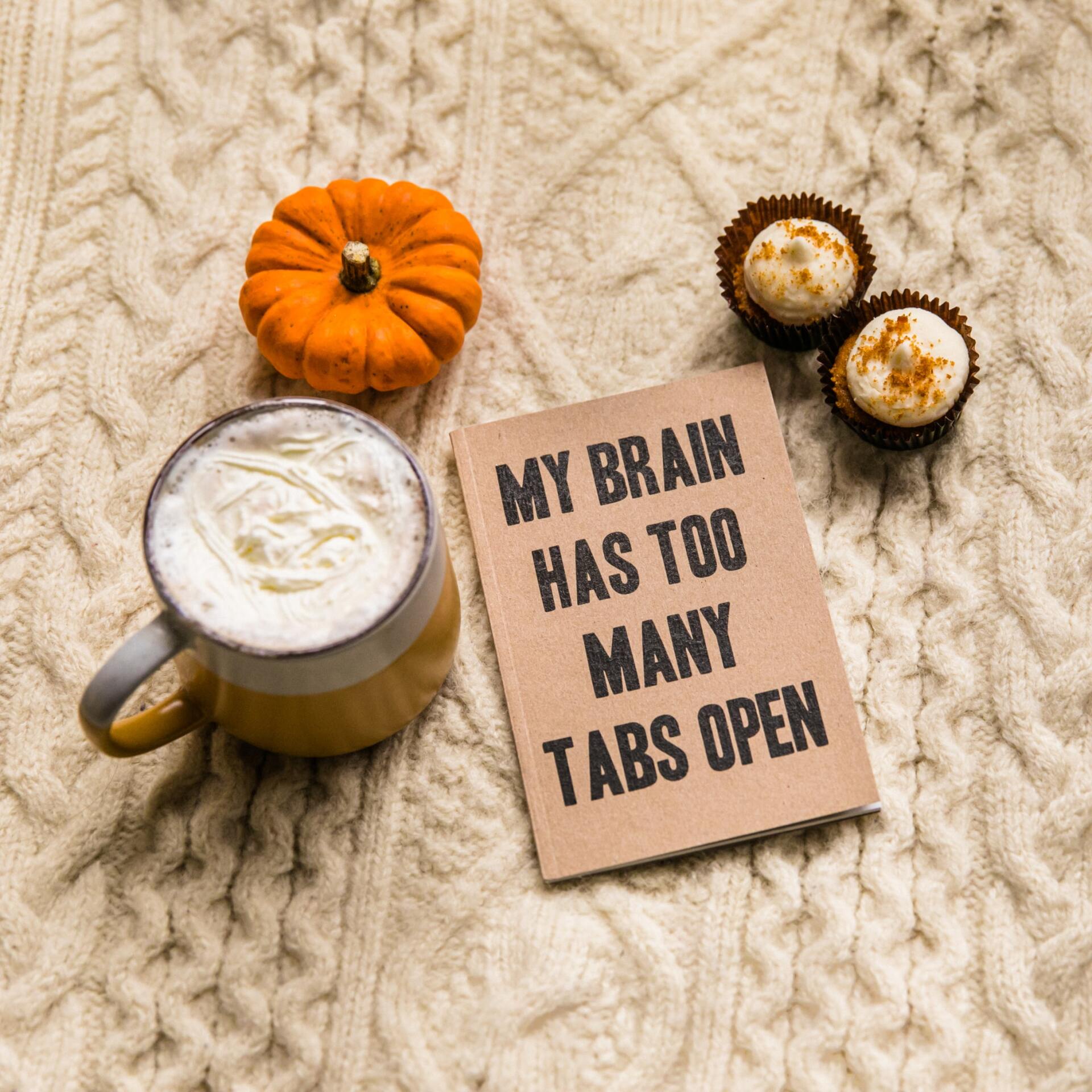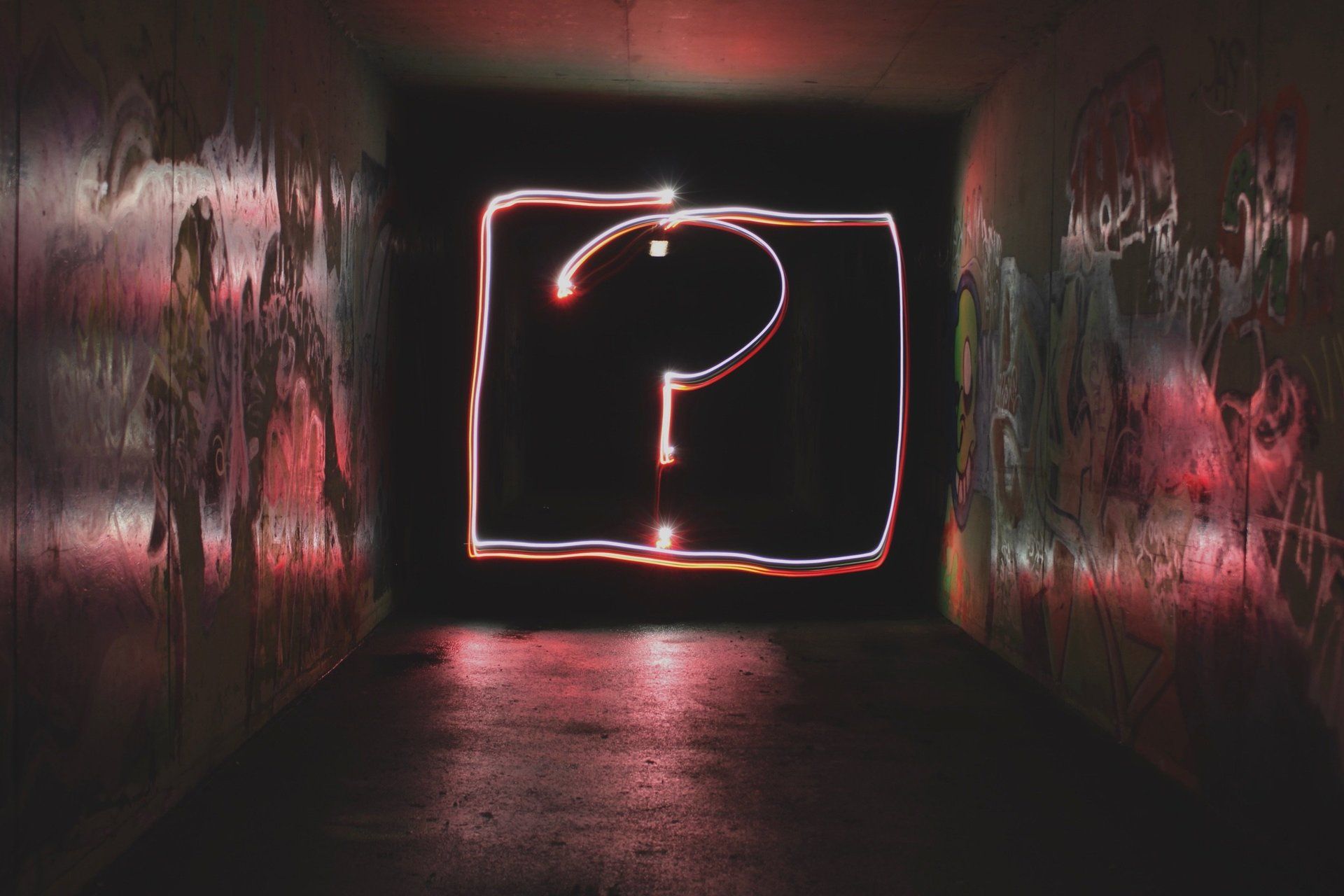Why was this?
Why you may be more at risk of seizures this time of year, and what to do about it
Why you may be more at risk of seizures this time of year, and what to do about it
Well as a nutritionist I know that I see many more clients at this time of year with health problems, particularly autoimmune problems. And the less sunshine we have had the previous year the earlier the flare-ups start in people’s health.
So you might have seen the word sunshine and made the connection – yes it’s the sunshine vitamin, Vitamin D.
Studies have shown that vitamin D levels are lower in groups diagnosed with epilepsy than in non-epileptic control groups. This is the case even in those just diagnosed who have not yet started any medications, so it’s not a side-effect of the medications.
Vitamin D levels can be affected by how much sunshine we get, but also by genetics and how good our bodies are at producing active forms of vitamin D in the body.
The trouble is vitamin D plays so many roles in our body, that it can affect our health in many ways when we don’t have enough. To name but a few - Vitamin D acts as a hormone in the body, is needed to absorb magnesium from our diet (which helps calm the body, relax muscles and supports GABA receptors), and it acts as an anti-inflammatory. When inflammation has been associated with the origin and continuation of seizures this is one nutrient we don’t want to risk being without.
So why does this suddenly show up in spring time? Well, our bodies make vitamin D in the summer months, and because it is a fat-soluble vitamin we store it in our liver for our body to use later. The trouble is we stop making much vitamin D from about September onwards. Then come November/December time we have used up most of our stored supplies of vitamin D. This is one of the reasons why in the New Year through to about May time there is always an increase in general ill-health and hospital admissions for conditions such as the flu and pneumonia.
For those of us with a predisposition towards seizures, lower vitamin D levels may be just one extra risk factor too many and we might see an increase in seizure frequency during this time of the year.
What to do about this – Check with your pharmacist first as there may be interactions with your medications that affect what dose you can take, or when you take any supplementation. But taking 2000 IU a day of vitamin D as a supplement from September to May can be a really good way to ensure sufficient vitamin D at this time of year. This may also be written as 50mcg or 50mg, which is the same dose as 2000 IU (International Units). Another option you can discuss with your pharmacist is taking a larger dose once a week, instead of daily, if this makes it easier to fit in around multiple medications.
If you want to know more, then book your FREE call to Discover how we can help.
If you found this article helpful, then please spread the word and help other women living with this difficult condition












